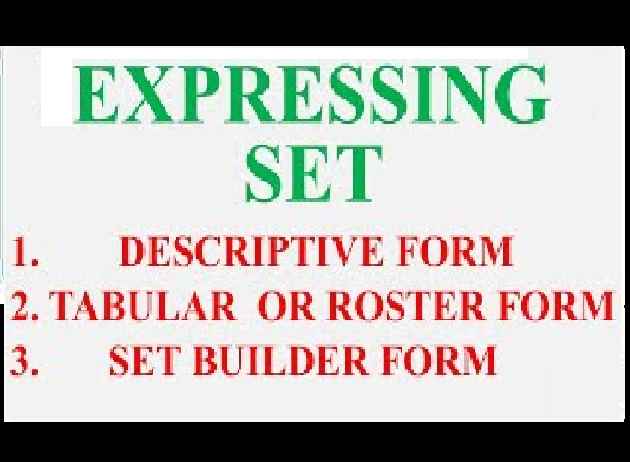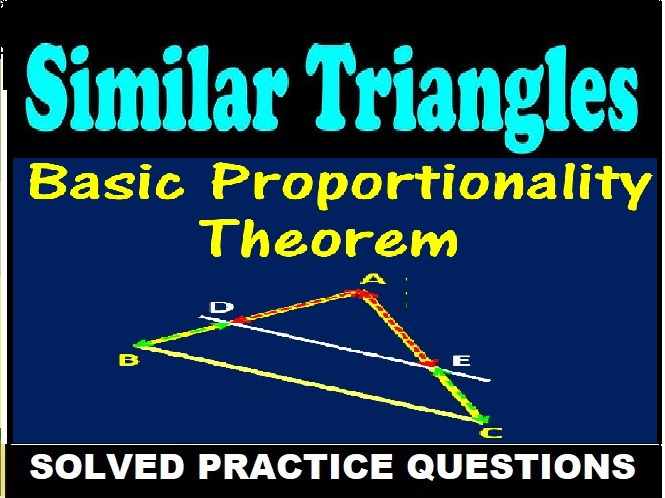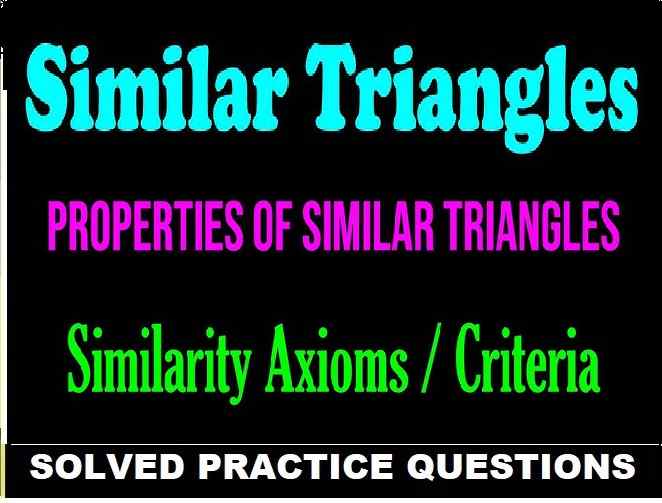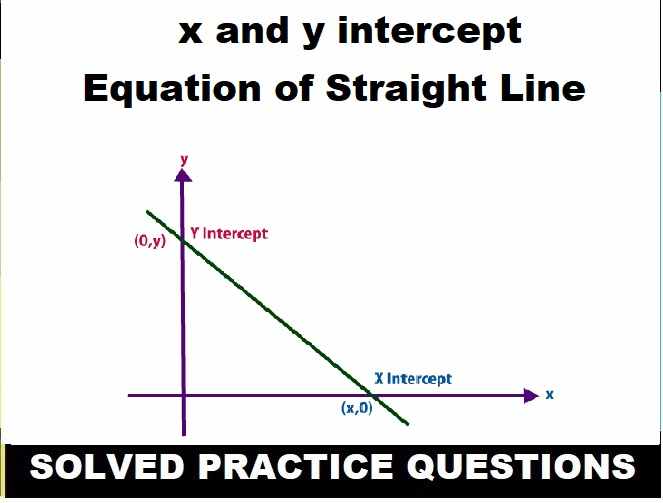Sets Class 8 RS Aggarwal Exe-5A Goyal Brothers ICSE Maths Solutions Ch-5. We provide step by step Solutions of council prescribe textbook / publication to develop skill and confidence. Visit official Website CISCE for detail information about ICSE Board Class-8 Mathematics.

Sets Class 8 RS Aggarwal Exe-5A Goyal Brothers ICSE Maths Solutions
| Board | ICSE |
| Publications | Goyal Brothers Prakshan |
| Subject | Maths |
| Class | 8th |
| writer | RS Aggarwal |
| Book Name | Foundation |
| Ch-5 | Set |
| Exe-5A | How to describe a set |
| Edition | 2024-2025 |
How to Describe a set, Type of Set
Sets Class 8 RS Aggarwal Exe-5A Goyal Brothers ICSE Maths Solutions Ch-5
Page- 71, 72
Exercise- 5A
Que-1: Which of the following collections of objects are sets ?
(i) All the months in a year.
(ii) All the rivers flowing in India.
(iii) All the planets in the solar system.
(iv) All the interesting dramas written by Shakespeare.
(v) All the short boys of your class.
(vi) All the letters of English Alphabet which precede k.
(vii) All the pet dogs in Meerut.
(viii) All the dishonest dealers in Delhi.
(ix) All the students of your school with age exceeding 12 years.
(x) All the girls of Meena’s class, who are taller than Meena.
Solution- (i) Set, (ii) Set , (iii) Set (iv) Not set (v) Not set (vi) Set (vii) Set (viii) Not set (ix) Set (x) Set.
Que-2: Rewrite the following statements using set notation :
(i) p is an element of set A.
(ii) q does not belong to set B.
(iii) a and b are members of set C.
(iv) B and C are equivalent sets.
(v) Cardinal number of set E is 15.
(vi) A is an empty set and B is a non-empty set.
(vii) 0 is a whole number, but 0 is not a natural number.
Solution- (i) p ∈ A, (ii) q ∉ B (iii) a,b ∈ C (iv) B ↔ C (v) n(E) = 15 (vi) A = ø and B ≠ ø (vii) 0 ∈ W but 0 ∉ N
Que-3: Describe the following sets in roster form :
(i) B = {x | x ∈ W, x ≤ 6} (ii) C = {x | x is a factor of 32}
(iii) E = {x | x = (2n+1). n ∈ W, n ≤ 4} (iv) F = {x | x = n², n ∈ N, 2 ≤ n ≤ 5} (v) G = {x | x = n/(n+3), n ∈ N and n ≤ 5}
(vi) H = {x | x is a two-digit number, the sum of whose digits is 8}
(vii) I = {x | x ∈ N, x is divisible both by 4 and 6 and x ≤ 60}
(viii) J = {x | x = (1/n), n ∈ N and n ≤ 5}
(ix) L = {x | x is a letter of the word ‘careless’}.
Solution- (i) B = {0,1,2,3,4,5,6}
(ii) C = {1,2,4,8,16,32}
(iii) E = {1,3,5,7,9}
(iv) F = {4,9,16,25}
(v) G = {1/4,2/5,3/6,4/7,5/8}
(vi) H = {17,26,35,44,71,62,53,80}
(vii) I = {12,24,36,48,60}
(viii) J = {1,1/2,1/3,1/4,1/5}
(ix) L = {c,a,r,e,l,s}
Que-4: Describe the following sets in set-builder form :
(i) A = {5,6,7,8,9,10,11,12,}. (ii) B = {1,2,3,4,6,8,12,16,24,48}.
(iii) C = {11,13,17,19,23,29,31,37} (iv) D = {21,23,25,27,29,31,33,35,37}
(v) I = {9,16,25,36,49,64,81,100} (vi) J = {-2,2} (vii) K = {0} (viii) L = { }
(ix) M = {a,b,c,d,e,f,g,h,i} (x) P = {2/7,3/8,4/9,5/10,6/11,7/12,8/13,9/14}
(xi) S = {Atlantic, Arctic} (xii) T = {Mars, Mercury}
Solution- (i) A = {x | x∈N, 4<x<13}
(ii) B = {x | x is a factor of 48}
(iii) C = {x | x is a prime number, 10<x<40}
(iv) D = {x | x = 2n+19 n∈N, 1≤n≤9}
(v) I = {x | x = n², n∈N, 3≤n≤10}
(vi) J = {x | x∈Z, x² = 4}
(vii) K = {x | x+1 = 1}
(viii) L = {x | x∈N, x≠x}
(ix) M = {x | x is a letter of the English alphabet, which precede J}
(x) P = {x | x = n/(n+5), n∈N, 2≤n≤9}
(xi) S = {x | x is an ocean whose name begin with A}
(xii) T = {x | x is a planet whose name begins with M}
Que-5: Separate finite and infinite sets from the following :
(i) Set of leaves on tree
(ii) Sets of all counting numbers.
(iii) {x | x ∈ N, x > 1000}
(iv) {x | x ∈ W, x < 5000}
(v) {x | x ∈ Z, x < 4} (vi) Sets of all triangles in a plane
(vii) Sets of all points on the circumference of a circle
(viii) {1,2,3,1,2,3,1,2,3…..} (ix) {x | x ∈ Q, 2 < x < 3}.
Solution- A set that contains countable number of different members is called a finite set and a set which contains unlimited or uncountable number of different members is called an infinite set.
(i) finite
(ii) infinite
(iii) infinite
(iv) finite
(v) infinite
(vi) infinite
(vii) infinite
(viii) finite
(ix) infinite
Que-6: Which of the following are empty sets ?
(i) A = {x | x ∈ N, x+5 = 5}
(ii) B = {x | x ∈ N, 2x+3 = 6}
(iii) C = {x | x ∈ W, x+2 < 2}
(iv) D = {x | x ∈ N, 1 < x ≤ 2}
(v) E = {x | x ∈ N, x²+4 = 0}
(vi) F = {x | x is a prime number, 90 < x < 96}
(vii) G = {x | x is an even prime} (viii) H = {0}
Solution- (i) x+5 = 5
x = 5-5 = 0
It is empty set.
(ii) 2x+3 = 6
2x = 6-3
x = 3/2 = 1.5
It is not a empty set.
(iii) x+2 < 2
x < 2-2 = 0
It is a empty set.
(iv) 1 < x ≤ 2
It is not a set.
(v) x²+4 = 0
x² = -4
x = √-4
x = ±2
It is not a empty set.
(vi) 90 < x < 96.
It is not a empty set.
(vii) x is an even prime number
It is not a empty set.
(viii) H = {0}
It is a empty set.
Que-7: Which of the following are pairs of equivalent sets ?
(i) A = {2,3,5,7} and B = {x : x is a whole number, x ≤ 4}
(ii) C = {x : x+2 = 2} and D = ø
(iii) E={x: x is a natural number, x<4} and F={x: x is a whole number, x<3}
(iv) G = {x : x is an integer, -3<x<3} and H = {x : x is a factor of 16}
Solution- An equivalent set is simply a set with an equal number of elements. The sets do not have to have the same exact elements, just the same number of elements.
(i) A = 4 elements and B = whole number x ≤ 4
It is not a equivalent set
(ii) C = x+2 = 2, x = 2-2 = 0 and D = ø
It is not a equivalent set.
(iii) E = natural number, x<4 and F = whole number, x<3
It is equivalent set.
(iv) G = -3<x<4 and x is a factor of 16.
It is equivalent set.
Que-8: State whether the following statements are true or false :
(i) {a,b,c,1,2,3} is not a set
(ii) {5,7,9} = {9,5,7}
(iii) {x | x ∈ W, x+8 = 8} is a singleton set
(iv) {x | x ∈ W, x < 0} = ø
(v) {x | x ∈ N, x+5 = 3} = ø
(vi) {x | x ∈ N, 3 < x ≤ 4} = ø
(vii) If A = {x | x is a letter of the word, ‘MEERUT’}, then n(A) = 6
(viii) If A ={x | x ∈ N, 8<x<13} and B = {x | x ∈ Z, -3≤x<1} then n(A)=n(B)
(ix) If n(A) = n(B), then A = B
(x) If B is the set of all consonants in English alphabet, then n(B) = 21
(xi) {x | x is a prime factor of 24} = {2,3,4,6,8,12,24}
Solution- (i) False
(ii) True
(iii) True
(iv) True
(v) True
(vi) False
(vii) False
(viii) True
(ix) False
(x) True
(xi) False
— : End of Sets Class 8 RS Aggarwal Exe-5A Goyal Brothers ICSE Maths Solutions of questions :–
Return to :- ICSE Class -8 RS Aggarwal Goyal Brothers Math Solutions
Thanks
Please share with yours friends if you find it helpful


